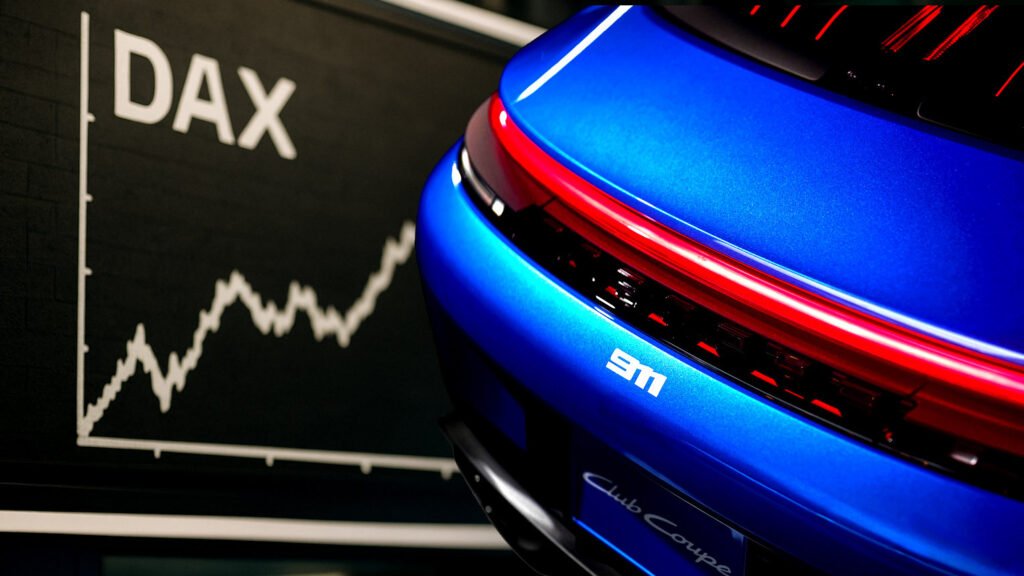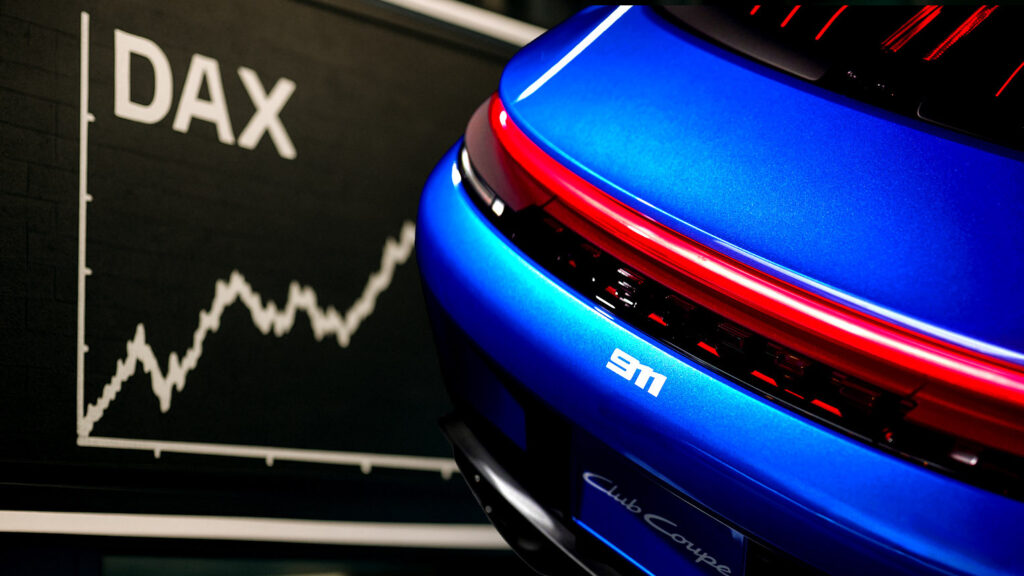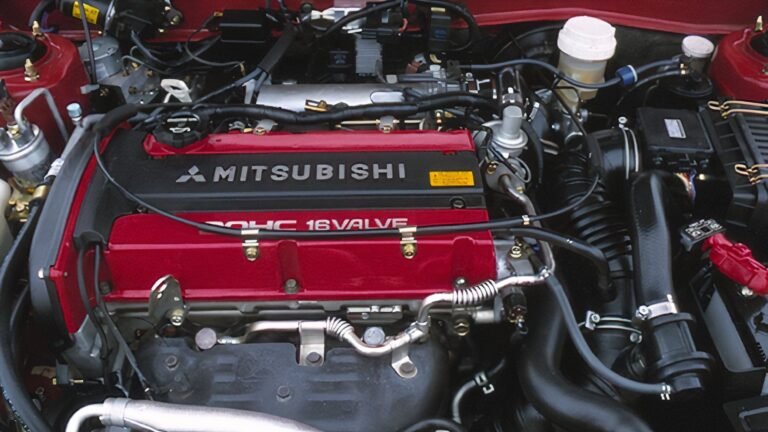

- Porsche has been removed from Germany’s DAX and replaced by a real estate company.
- The firm’s stock is moving to the less prestigious MDAX, where it will join Lufthansa.
- Company’s stock has dropped 24.08% so far this year, as tariffs and China weigh heavily.
There’s stock market intrigue in Europe as Porsche AG is being removed from the DAX, which consists of 40 major German companies. It’s being replaced by Scout24 SE, which operates ImmoScout24. The latter is the “number one online platform for residential and commercial real estate in Germany.”
Needless to say, it’s a surprising development as Porsche is a globally recognized brand, while Scout24 SE is a lesser known entity. However, the company behind the index said the change came after a regular review that takes place every three months. For what it’s worth, Porsche is moving to the MDAX and taking Scout24 SE’s old spot.
More: Porsche Just Took A $462M Hit And The Fallout Is Coming For Your Wallet
While STOXX didn’t explain their thinking, CNBC noted Porsche stock has plummeted in the past year as the company has faced an assortment of headwinds. Shares closed at €44.35 ($51.67) today and that’s down 33.57% from a year ago. The year-to-date situation is slightly better, but the stock is still off nearly 25%.
The move appears to be an embarrassing setback for Porsche and CEO Oliver Blume told FAZ he wants to return to the DAX “as soon as possible.” Despite that, he suggested it was the DAX’s loss as the index will be “one company poorer when it comes to one of Germany’s most valuable companies.”

While Porsche is putting on a brave face, they recently acknowledged “macroeconomic and geopolitical headwinds” weighed heavily on their results for the first half of the year. In particular, the company incurred around €1.1 ($1.3) billion of special charges due to their strategic realignment, battery activities, and US tariffs.
More importantly, revenues fell from €19.46 ($22.7) billion to €18.16 ($21.2) billion, while their operating profit plummeted from €3.06 ($3.6) billion to €1.01 ($1.2) billion. Those are steep declines and Blume pointed to lackluster demand in China as well as US tariffs, which are “putting huge pressure on our business.” The executive also noted the “transformation to electric mobility is progressing more slowly than expected overall.”


